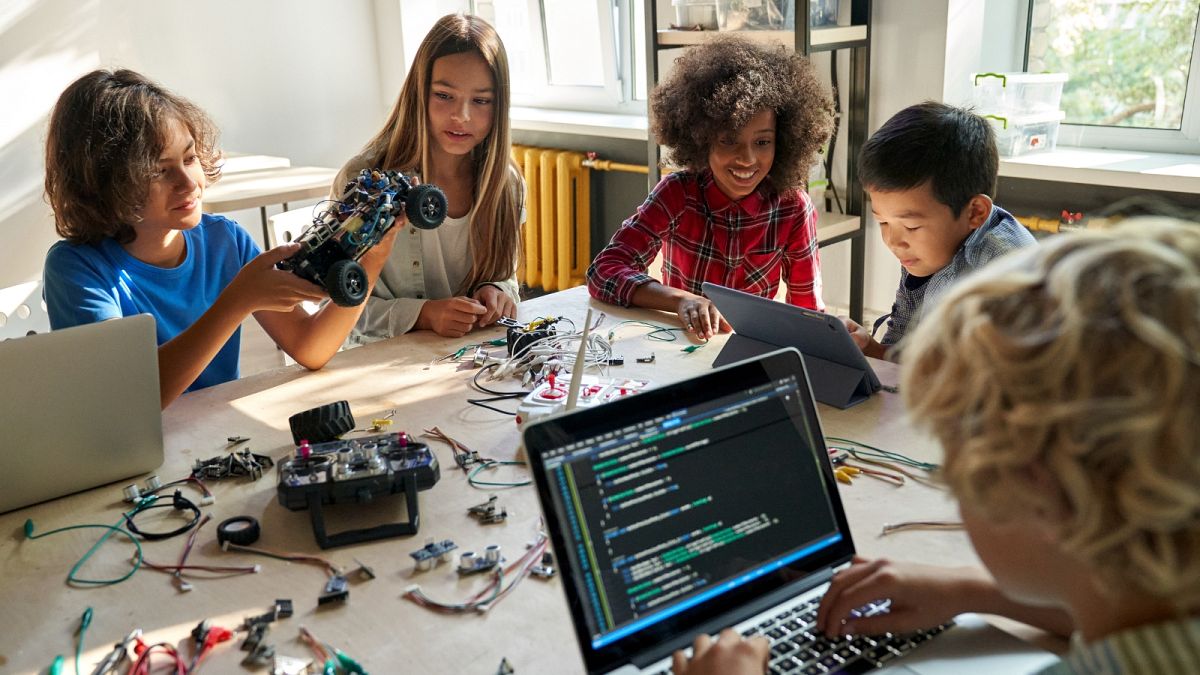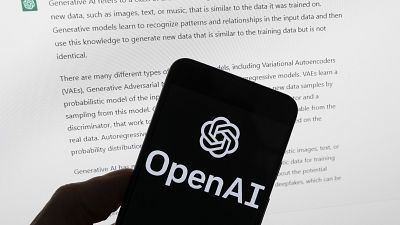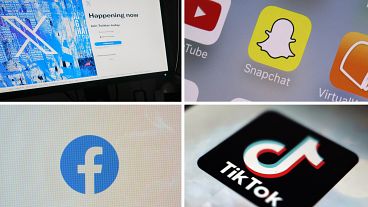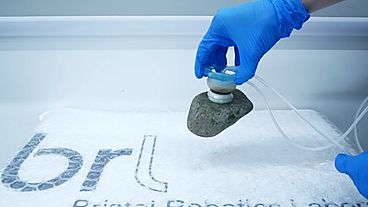Some argue that as AI becomes a more common part of our lives, schoolchildren should learn about it.
As artificial intelligence (AI) disrupts society and becomes more present in our lives, tech insiders say it should be introduced in schools, with young people learning more about the technology.
At an annual education technology conference in London, several companies presented innovative products designed to teach children about tech and AI.
"I think AI is going to affect the world no matter what industry you go into,” said Ben Garside, a learning manager at Raspberry Pi, a British charity set up to promote the study of computer science.
"So rather than thinking that I have to be a programmer, we want young people to think, what is it that they're interested in and actually think, well, hey how is AI going to be able to support me in that role? So we can achieve that and think what the future could look like. Get them excited about it rather than worried. That's what we're trying to do".
The British Educational Training and Technology Show (BETT) is a show for teachers to learn about the latest technology and the benefits and challenges of incorporating it into the classroom.
The UK's latest National Curriculum was published in September 2014, but there is no specific mention of AI.
'Important to teach about it'
Roger Grogan, the founder of Jam Coding, believes AI is going to be "fundamental" for children’s lives.
"We're at the very start of the AI movement. I would actually argue we're still at the very start of the digital revolution. So we've got to, as teachers in the classroom, constantly evolve what we're teaching, how we teach it," Grogan said.
"AI isn't specifically on the National Curriculum, but there are mentions of technology on there that could refer to AI…So it's really important that we teach them about it, how they can use it," he added.
Hong Kong-based 5G Nu Multimedia’s robotic dog GO2 is designed to teach primary school children about AI.
It also has drones to teach students how to program formation flying drones, which can be used for light shows or during firework displays.
He believes AI education should start as young as primary school.
"For students, they should learn AI or application ASAP. So that is the meaning of this whole course, why we take the professional application and stream it down into the elementary level as early as possible, starting from primary and then secondary school," said Alan Chan, 5G Nu Multimedia’s CEO.
Microsoft acquired Minecraft, a popular open-world game, from its Swedish developers and has been keen to promote its educational benefits.
"In the last year, we built a game called Generation AI, which teaches children about the principles and ethical uses of AI. So from a very early age, we want children to think about responsible use of AI, what are the underpinning principles," said Justin Edwards, the Director of Learning Experiences at Microsoft for Minecraft.
"For example, fairness. What is fairness? How do we avoid bias? Why does AI potentially have bias and how do we avoid that? And so we're starting to teach children not just how to use AI, but to think about AI use in everyday life and how they would build upon that. And we do that in a game-based way," Edwards added.
Dominika Gyanyi, head of education at Bookr, a Hungarian tech education company based in Budapest, believes it’s important to get familiar with AI before children leave school.
"They know their advantages and also disadvantages. So it should be incorporated in our tech," Gyanyi said.
BETT has been running since the mid-1980s, the time when computers and technology first started to enter schools.
It attracts around 30,000 educators from around the world.
For more on this story, watch the video in the media player above.



